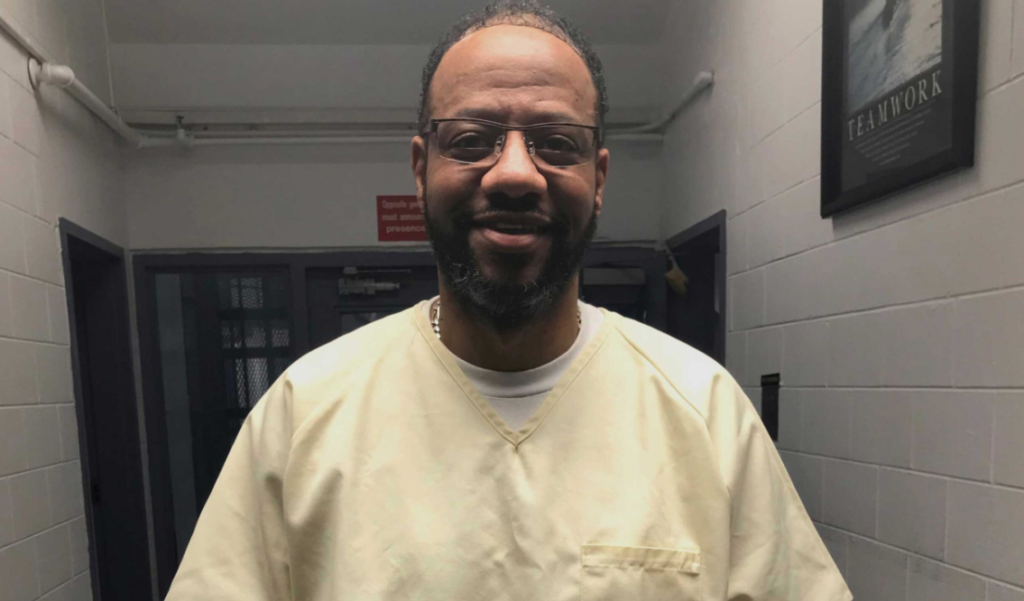
The Shelby County district attorney is no longer seeking to execute a man who has been on death row for more than 30 years.
Pervis Payne has always maintained his innocence. The DA still isn’t convinced that he’s telling the truth, but she says changes in state law left her with no other choice.
Payne was sentenced to death in 1988 for a stabbing that killed a woman and her daughter and wounded her son. Payne and his attorneys say he wasn’t the one who stabbed them. Rather, they say he was going to visit his girlfriend who lived in an apartment across the hall when he noticed the door was cracked open.
When Payne found Charisse Christopher and her children on the floor, they say, he tried to help. Then he realized police might suspect him — a young Black man — of stabbing the white family and fled. He was arrested shortly after.
But besides questions about his guilt, Payne’s attorneys say he shouldn’t be executed, because he’s intellectually disabled.
Tennessee created a law this year to prevent such people from facing the death penalty. And last week, District Attorney General Amy Weirich says, her office received results from Payne’s most recent evaluation. She says an expert could not rule out an intellectual disability.
“We thoroughly reviewed the findings, and we have met with the victims’ family this week to explain the current reality with which we are now faced,” Weirich said at a press conference Thursday afternoon. “The family is not happy, but they understand. We can’t change the facts, and we can’t change the law.”
The new law took effect this spring, years after both the state and federal Supreme Courts said people with intellectual disabilities shouldn’t be executed. Now, the DA is asking the court to give Payne to two life sentences instead. A judge still has to sign off at an upcoming hearing.
Defense team still wants ‘full exoneration’
Kelley Henry, Payne’s defense attorney, is grateful the new legislation will spare her client from execution but says she’s still fighting to prove his innocence.
“We look forward to Mr. Payne’s resentencing hearing,” she said in a statement. “This is some measure of justice for Mr. Payne and his family, but our fight for full exoneration of this innocent man will continue.”
The national Innocence Project convinced a judge to allow for new DNA testing last year, after the defense found that multiple items at the crime scene had never been checked for DNA.
That testing identified an additional man’s DNA on the knife used in the stabbing, as well as on a pair of glasses found next to the victims. But Payne’s DNA was on several pieces of evidence, and a judge ruled the results could not prove his innocence.
Still, Payne’s attorney’s hope Gov. Bill Lee will grant him clemency. They say “racist tropes of Black male hypersexuality and drug use” tainted his trial. The Death Penalty Information Center also cited his case in a 2020 report about racial disparities in the death penalty, noting that the county where he was sentenced was also responsible for the most lynching and death penalties in Tennessee.
The governor’s office did not immediately respond to a request for comment and has made no announcements on Payne’s clemency petition, which has been signed by more than 150 community leaders and organizations. Over 760,000 people have also signed a petition to free him from death row.
The district attorney’s decision not to further pursue execution comes just over a week after a Nashville judge overturned the death sentence of another Black man who says his case was marred by racial discrimination.

